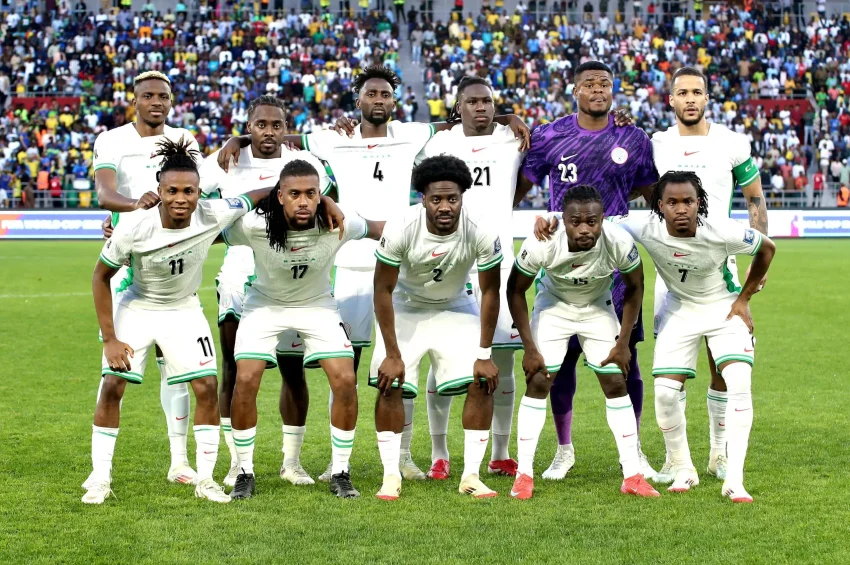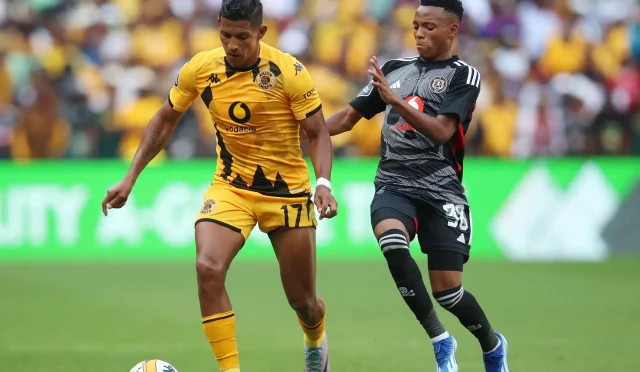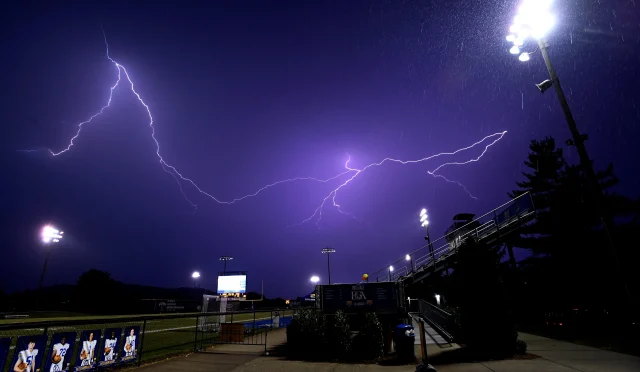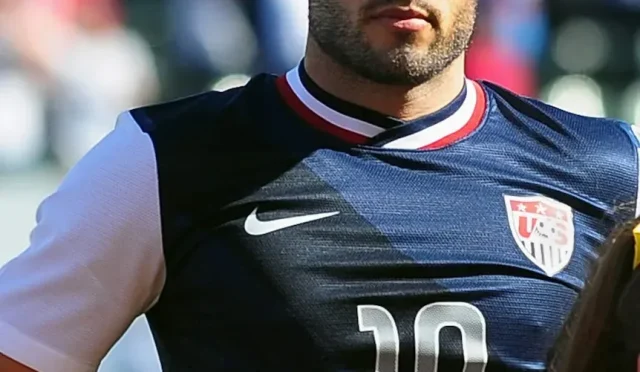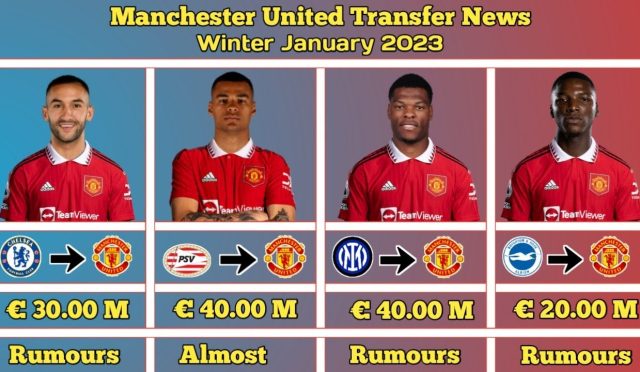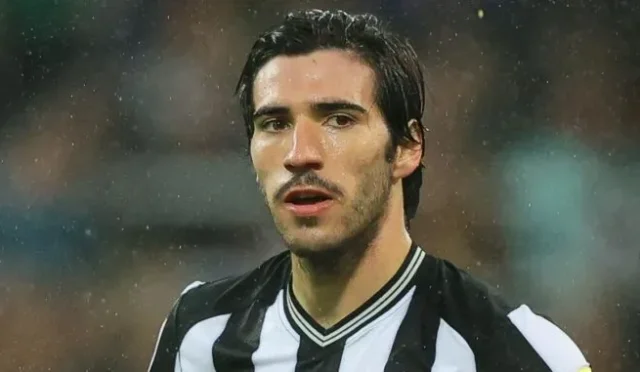Nigeria’s World Cup 2026 elimination came in heart-wrenching style, as the Super Eagles faced DR Congo in a decisive qualifying match that ended in a nail-biting penalty shootout. After a tense 1-1 draw, Nigeria succumbed 4-3 on penalties, marking a disappointing end to their World Cup hopes. The match saw Nigeria’s Frank Onyeka score an early goal, only to be equalized by Meschak Elia for DR Congo shortly after. Tensions flared post-match as Nigeria’s manager Eric Chelle claimed that unsettling ‘voodoo’ tactics were employed by DR Congo during the shootout, an assertion that stirred controversy. This painful defeat adds to the already troubled narrative of Nigeria football history, as fans grapple with the reality of back-to-back failures to secure a spot in the coveted tournament.
The dramatic exit of Nigeria from the World Cup qualifying rounds for 2026 has sparked conversations around the footballing circles, especially following their loss to DR Congo under controversial circumstances. This elimination not only dashed the Super Eagles’ aspirations of participating in the global event but also resurrected discussions about the potential influence of superstition in the sport. The match was characterized by high stakes and intense emotions, with Nigeria’s earlier dominance reflected in an early goal, but ultimately fell short during the penalty phase. Managers and fans alike are now left to ponder the implications of such eliminations and the lingering ‘voodoo’ allegations, particularly in a nation with a rich footballing legacy. As DR Congo celebrates their advancement, Nigeria’s supporters are left to reflect on what might have been for their World Cup ambitions.
Nigeria’s Disheartening Elimination from World Cup 2026 Qualifying
Nigeria’s ambitious journey toward the 2026 World Cup came to a halt in a nail-biting penalty shootout against DR Congo. After a gripping encounter that ended in a 1-1 draw after two halves of extra time, the Super Eagles faced a heartbreaking elimination. Frank Onyeka’s early goal raised hopes among fans, only for Meschak Elia to level the score later in the first half. The penalties that followed felt like a cruel twist of fate, with Nigeria missing three opportunities while DR Congo capitalized on theirs, securing a 4-3 victory.
This result marked a significant setback for Nigeria, reinforcing their struggles in recent World Cup qualifying campaigns, with this being their second consecutive failure to reach the tournament. The Super Eagles, known for their rich football history and past successes, will have to reassess their strategies if they hope to reclaim their status in subsequent competitions. Fans and analysts alike are now questioning the team’s future direction amidst disappointing performances in qualifying, raising concerns about the strength of Nigerian football on the international stage.
Allegations of Voodoo in the Wake of Nigeria’s Penalty Shootout
Following the intense match, allegations emerged regarding the use of ‘voodoo’ tactics by members of the DR Congo team as they prepared to face the penalty shootout. Nigeria’s coach, Eric Chelle, openly accused DR Congo staff of engaging in mystical practices, coining the term ‘maraboutage’ to describe what he believed were attempts to manipulate the outcome of the shootout. Despite the gravity of such claims, DR Congo representatives have firmly denied any involvement in such activities, arguing that the victory was secured through skill and determination.
These allegations have sparked debate about the influence of superstition and cultural beliefs in African football. While some may dismiss the notion of ‘voodoo’ as a mere distraction or an excuse for disappointment, such sentiments are deeply rooted in the continent’s football culture. As Nigeria navigates through the aftermath of their World Cup elimination, discussions surrounding these accusations add another layer of drama to an already heart-wrenching exit, overshadowing what should have been a focus on tactical improvements and future aspirations.
The Legacy of Nigeria’s World Cup History
Nigeria boasts a storied legacy in World Cup history, often being regarded as one of Africa’s footballing giants. The Super Eagles first graced the world stage in 1994 and have since participated in several tournaments, capturing the hearts of fans around the globe. Their vibrant playing style and passionate support have made significant contributions to football’s growth in the region. However, the recent eliminations, including the latest defeat to DR Congo, pose serious questions about the nation’s ability to reclaim its former glory in international competitions.
The disappointment in 2026 World Cup qualifying serves as a stark reminder of the challenges facing Nigeria in maintaining competitiveness at the highest levels of the sport. As young talents emerge, the need for introspection and strategic reform becomes increasingly crucial. The footballing community in Nigeria is urging stakeholders to invest in grassroots development and prioritize long-term planning to ensure that the Super Eagles can once again secure their place in future World Cups and revive the nation’s proud footballing heritage.
DR Congo’s Triumph and What It Means for Nigeria
DR Congo’s victory over Nigeria not only represented a significant milestone for their national team but also raised concerns for Nigerian football. Moving forward to the inter-confederation play-offs for the 2026 World Cup, DR Congo’s win showcases their resilience and determination on the continental stage. Their goalkeeper, Timothy Fayulu, was pivotal in this achievement, making crucial saves during the penalty shootout that ultimately secured their spot in the next round.
For Nigeria, this loss marks a turning point that could either lead to a thorough reevaluation of their footballing framework or further entrench current issues. As fans and analysts dissect the events leading up to this elimination, it becomes evident that immediate reforms are necessary to address the underlying issues affecting the national team’s performance. Building a robust pipeline of talent while learning from DR Congo’s success will be essential for Nigeria’s future aspirations in international tournaments.
Fan Reactions: The Emotional Rollercoaster of Football
The fanbase surrounding Nigerian football has always been one of passion and loyalty, and the latest World Cup qualifying elimination has tested the limits of their emotions. Social media platforms erupted with reactions ranging from disappointment to anger, with many supporters expressing their frustrations over missed penalty opportunities and the team’s overall performance. The atmosphere following the match was filled with disbelief, as many fans couldn’t fathom how a team with such a rich history in World Cup participation could falter in such a crucial moment.
However, amidst the sorrow, there remains a glimmer of hope as supporters continue to rally around the Super Eagles. The devotion of Nigerian fans is a testament to their love for the game, and many are calling for a renewed focus on youth development to build a brighter future. Recognizing the potential within the country, fans want to see a swift rebuilding process that can transform the Super Eagles into a formidable force in international football once again. This resilience in the face of adversity showcases the undying spirit of Nigerian football culture.
Analyzing Nigeria’s Tactical Oversights in Key Matches
Throughout the 2026 World Cup qualifying campaign, a series of tactical oversights have plagued Nigeria’s chances on the field. In the pivotal match against DR Congo, the inability to maintain a lead after scoring early highlighted crucial defensive lapses. Additionally, Nigeria’s penalty-taking strategy came under scrutiny, with missed opportunities that proved to be catastrophic in the final outcome of the shootout. These errors demonstrate a pressing need for tactical reassessment and mental fortitude training that could better prepare Nigerian players for high-pressure situations.
Moreover, the failures in the qualifying campaign serve as an opportunity for coaches and analysts to dissect the team’s performance critically. Addressing these shortcomings with targeted training sessions and employing innovative strategies can potentially transform the Super Eagles into a more cohesive and formidable unit. With a focus on learning from past mistakes and refining their approach, Nigeria can aspire to rise again in international football, paving the way for future World Cup qualifications.
Rebuilding Nigeria’s 2026 World Cup Hopes: A Path Forward
As Nigeria reflects on its latest World Cup qualifying disappointment, it becomes increasingly clear that a robust and strategic approach is needed to rebuild their aspirations for future tournaments. The path forward must involve comprehensive planning and a renewed investment in nurturing young talent capable of taking Nigeria back to the forefront of African football. By channeling resources towards grassroots development and enhancing coaching methods, Nigeria can create a pipeline of skilled players ready to compete on the world stage.
In addition to talent development, creating a culture of resilience and mental toughness is vital for preparing the team for future challenges. Learning from painful eliminations, such as the one against DR Congo, provides valuable lessons on maintaining composure in high-stakes moments like penalty shootouts. As the footballing community unites towards this vision, there is hope that Nigeria’s proud football legacy will rise again, spearheaded by a new generation of talent destined to capture the hearts of fans worldwide.
The Role of Coaches in Shaping Nigeria’s Future Football Success
Coaching plays a critical role in the development of any football team, and in the wake of Nigeria’s elimination, the responsibility rests heavily on the shoulders of coaching staff like Eric Chelle. Their strategies, mindset, and ability to motivate players can be the difference between success and failure in crucial encounters. As Nigerian football looks to rebuild, there needs to be an urgent emphasis on strategic leadership that combines tactical awareness with strong psychological preparedness to foster confidence in upcoming competitions.
The partnership between coaches and players is vital, as effective communication can enhance team cohesion, especially during high-pressure scenarios like those faced in penalty shootouts. Coaches must evolve their methods to adapt to modern football’s demands while instilling foundational values that resonate with Nigeria’s rich footballing culture. By bridging this gap, coaches can play an instrumental role in steering Nigerian football back on a path toward glory on the international stage.
Frequently Asked Questions
How did Nigeria’s World Cup 2026 hopes end against DR Congo?
Nigeria’s World Cup 2026 hopes were dashed following a dramatic penalty shootout against DR Congo. After a 1-1 draw post extra-time, Nigeria lost 4-3 in penalties, missing three crucial spot-kicks.
What were the circumstances of Nigeria’s elimination from World Cup qualifying 2026?
Nigeria faced elimination in World Cup qualifying 2026 after a nail-biting match against DR Congo, where they drew 1-1 before losing 4-3 in a penalty shootout, marking their continued struggles in qualifying rounds.
What role did the voodoo allegations play in Nigeria’s World Cup 2026 elimination?
Following their penalty shootout defeat, Nigeria’s manager Eric Chelle accused DR Congo of using ‘voodoo’ practices, claiming it affected the outcome of Nigeria’s World Cup 2026 elimination, although these allegations were firmly denied by DR Congo representatives.
How does Nigeria’s football history relate to their failure to qualify for World Cup 2026?
Nigeria’s football history boasts significant achievements in past World Cups, but their failure to qualify for the 2026 tournament marks the second consecutive disappointment, contrasting sharply with their rich legacy in international football.
What impact did the DR Congo penalties have on Nigeria’s football future?
The penalties taken by Nigeria in the shootout against DR Congo not only ended their World Cup 2026 hopes but also raised critical questions about their preparation and performance in crucial qualifying matches moving forward.
What are the reactions of Nigeria’s players after the World Cup qualifying elimination?
Following their elimination from World Cup qualifying 2026, Nigeria’s players expressed deep devastation over the loss to DR Congo, reflecting the emotional toll of missing out on another World Cup opportunity.
How did Nigeria perform in the match against DR Congo during World Cup qualifying?
During the World Cup qualifying match against DR Congo, Nigeria initially took the lead with a goal from Frank Onyeka but ultimately drew 1-1 before losing on penalties, highlighting their challenges under pressure.
What significance does this elimination have for Nigeria’s future in football?
The elimination from World Cup qualifying 2026 is a critical moment for Nigeria’s football, prompting analysts and fans to consider the need for reform and development in the national team to reclaim their status in international competitions.
| Key Points | Details |
|---|---|
| Elimination Event | Nigeria eliminated from World Cup qualifying by DR Congo on penalties. |
| Match Outcome | Nigeria lost 4-3 on penalties after a 1-1 draw in regulation and extra time. |
| Crucial Goals | Frank Onyeka scored for Nigeria in the 3rd minute; Meschak Elia equalized for DR Congo in the 32nd minute. |
| Penalty Shootout | Nigeria missed three penalties; DR Congo converted all four. |
| Manager’s Allegations | Nigeria’s manager, Eric Chelle, claimed DR Congo engaged in ‘voodoo’ practices during the shootout. |
| Reaction | Nigerian players were devastated, marking their second consecutive failure to qualify for the World Cup. |
| DR Congo’s Achievement | DR Congo advanced to inter-confederation play-offs with goalkeeper Timothy Fayulu saving two penalties. |
Summary
Nigeria’s World Cup 2026 elimination was a heart-wrenching moment as they fell to DR Congo in a penalty shootout following a tense match that ended 1-1 after extra time. The elimination marks another disappointment for the Nigerian team, which has a rich history in international football but now faces the disappointment of missing out on the World Cup for the second time in a row. Amid accusations of ‘voodoo’ influencing the penalties, the aftermath highlights the emotional toll on Nigerian players while DR Congo celebrates their advancement towards securing a world stage appearance in 2026.

